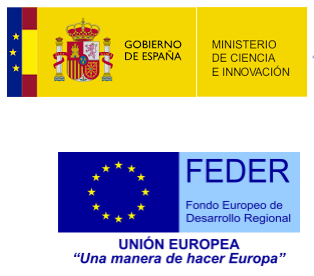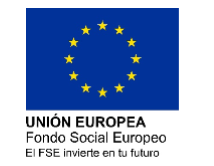Título: EFICACIA, SEGURIDAD Y COSTE-EFECTIVIDAD DEL METOTREXATO, ADALIMUMAB, O SU COMBINACIÓN EN UVEÍTIS NO ANTERIOR NO INFECCIOSA: UN ESTUDIO MULTICÉNTRICO, ALEATORIZADO, PARALELO DE 3 BRAZOS, CON CONTROL ACTIVO, DE FASE 2, ABIERTO, CON EVALUADOR CEGADO
Código identificativo: ICI19/00020
Investigador principal: Luis Rodríguez Rodríguez
Importe de la ayuda: 933.308,27€
Duración: 4 años
Objetivos: The overall objective of this study is to evaluate the efficacy, safety and cost-effectiveness of a combination therapy with ADA and MTX compared with both drugs used in monotherapy, for the treatment of subjects with active non-infectious intermediate, posterior, or panuveitis. Our study design will also allow us to carry out a comparison between MTX and ADA given alone. Additionally, we aim at the identification of patient’s subgroups with different treatment responses, by assessing genetic and proteomic biomarkers.
Primary Objective:
– To compare the proportion of patients achieving a Good Clinical Response by week 12 that is maintained in every study visit until week 52.
Secondary Objectives:
– To compare the clinical components of the Good Clinical Response variable between treatment strategies;
– To compare several Patient Reported Outcomes Measures (health- and vision-related quality of life, anxiety and depression) between treatment strategies;
– To compare the time to relapse after week 12 between treatment strategies;
– To assess the safety of each treatment strategy;
– To assess the cost-utility and cost-effectiveness from both a Health System and a Societal perspectives of the combination therapy and the ADA monotherapy compared with MTX given alone, and;
– To identify genetic and proteomic biomarkers associated with drug response to each treatment strategy, and to build a public access biobank with peripheral blood derived samples to carry out future studies in uveitis.
Todos estos proyectos han sido financiados por el Ministerio de Ciencia, Innovación y Universidades, Instituto de Salud Carlos III, y están cofinanciados por la Unión Europea a través de los Fondos Europeos y de Inversión del Periodo de Programación 2014-2020, en concreto, por el Fondo Europeo de Desarrollo Regional (FEDER) y por el Fondo Social Europeo
(FSE)






